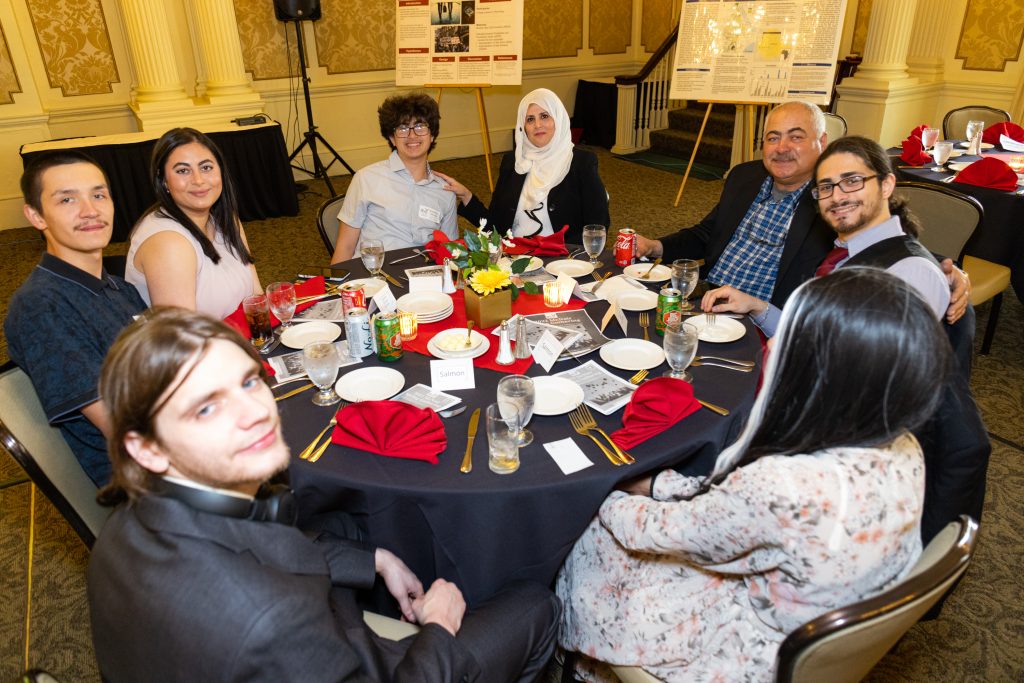Eastern Washington University was recently selected to receive a federal grant in support of its TRIO McNair Program.
The funding, provided through the U.S. Deptment of Education’s Ronald E. McNair Postbaccalaureate Achievement Program, will provide five years of annual support, with a first award of more than $299,000 approved for the 2022-23 academic year.

“This is a big win for Eastern students from underrepresented backgrounds seeking a pathway to advanced research degrees and careers in higher education,” said Brian Donahue, EWU vice provost, who, in an email, praised the efforts efforts of the faculty and staff who helped to assemble and review the successful application.
“I want to call out especially the efforts of Cynthia Dukich, interim director of the EWU McNair program, and Charlene Alspach, executive director of the Office of Grant and Research Development.”
McNair Program grants are awarded to institutions of higher education to prepare eligible participants for doctoral studies through involvement in research and other scholarly activities, according to the U.S. Department of Education website. It is one of a group of federal TRIO programs aimed at assisting disadvantaged students, as well as students with disabilities, “progress through the academic pipeline from middle school to post-baccalaureate programs.”
At EWU, the McNair Program serves talented juniors and seniors who are first-generation, low-income college students. Program participants typically engage in scientific and scholarly research while receiving advice and training on strategies for gaining acceptance into, and eventually graduating from, doctoral degree programs.
Program services include classes, workshops and seminars, advising, tutoring, faculty mentoring, paid summer research internships, academic conferences and access to staff mentors who are committed to supporting every student’s academic success.
The McNair Program, which serves close to 5,000 students nationally each year, was created in honor of NASA astronaut and physicist Ronald E. McNair. McNair was born into humble beginnings in South Carolina in 1950. With the support of his family and a guiding educator, he went on to earn a doctoral degree and become an expert in laser technologies.
In 1978, McNair was selected by NASA for the space shuttle program and, in 1984, became the second Black American to fly into space. He was serving as a mission specialist aboard the space shuttle Challenger in January 1986 when it exploded after launch, killing all seven astronauts on board.
McNair was posthumously awarded the Congressional Space Medal of Honor. The Ronald E. McNair Post-Baccalaureate Achievement Program was established in 1989 in recognition of his remarkable legacy.

